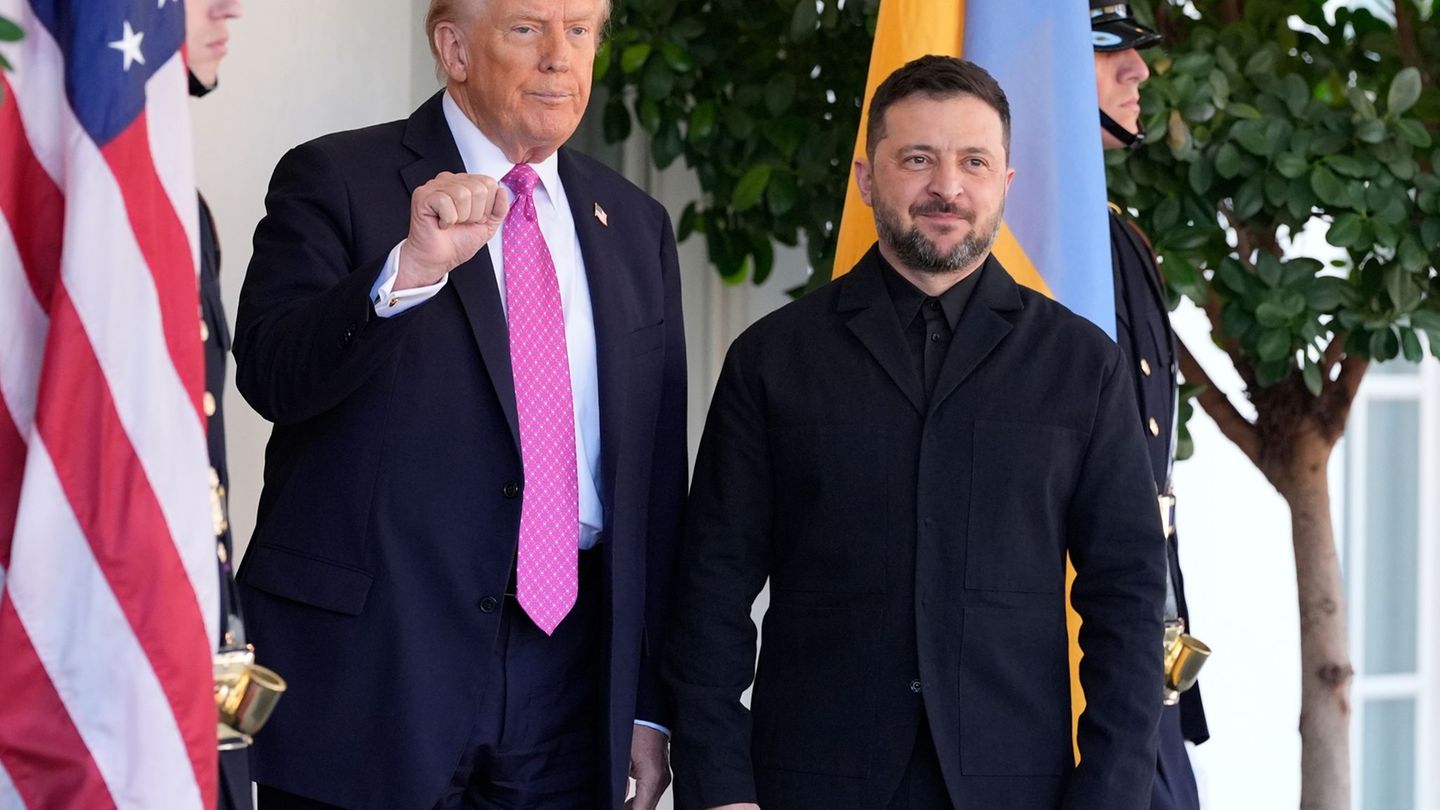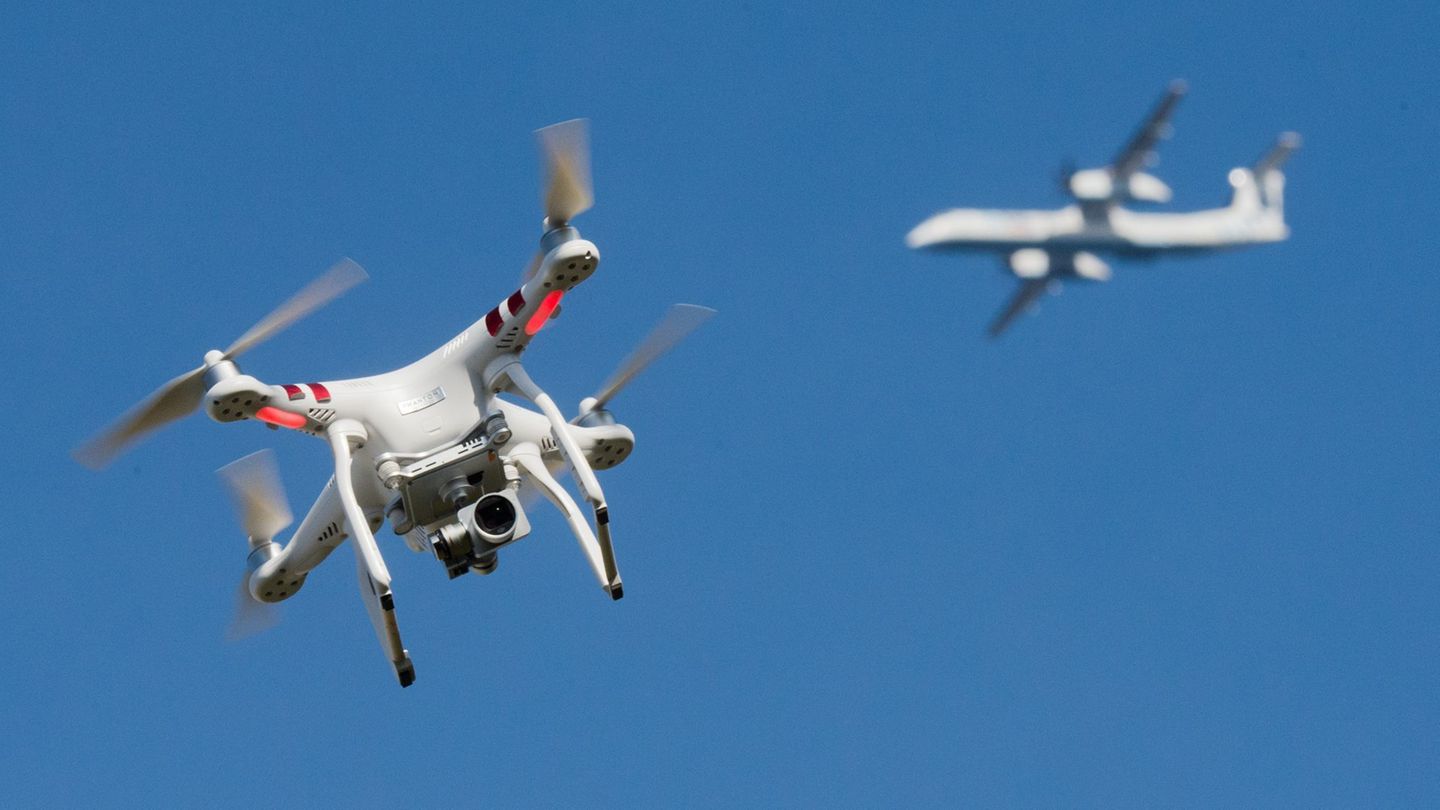There is “evidence” of these plans, Blinken said at the meeting of NATO foreign ministers in Riga on Wednesday and threatened Moscow with severe US economic sanctions in the event of an attack. Russian plans ranged from “efforts to destabilize Ukraine from within to large-scale military operations”.
Meanwhile, Russian President Vladimir Putin demanded that NATO put an end to eastward expansion. His country needs “strong, reliable and long-term security guarantees” from the Western alliance, the Kremlin chief told foreign ambassadors in Moscow on Wednesday. At the same time, the NATO foreign ministers held a meeting in the Latvian capital of Riga with Ukraine, which is hoping for more support. The conflict between Kiev and Moscow, which has been going on for years, has been causing considerable tensions again for some time.
Putin said to foreign diplomats in the Kremlin: “In the dialogue with the US and its allies, we will insist that concrete agreements be drawn up which will allow NATO to move further eastwards and to station threatening weapons systems in the immediate vicinity of the Russian territory Exclude federation. ” These guarantees must also be legally binding, demanded the Kremlin chief. Earlier verbal promises that NATO would not expand eastward were not kept by the Western partners.
Russia sees its security threatened if the former Soviet republics of Georgia and Ukraine – as in the past, for example, the Baltic states – are accepted into NATO. Georgia and Ukraine, in turn, see themselves threatened by Russia and are therefore seeking protection.
Ukraine would like NATO to provide more support in the conflict with Russia. Foreign Minister Dmytro Kuleba called on the allies in Riga to work together on a new deterrent package. “If we unite and act in a coordinated manner, we are confident that we can stop President (Vladimir) Putin from choosing the worst-case scenario, which is a military operation.”
The background to this is the findings of NATO that Russia has once again stationed unusually large contingents of combat-ready troops as well as heavy weapons and drones on the border with Ukraine. Ukraine now puts the number of Russian soldiers on the border at 115,000. The developments bring back bad memories of 2014. At that time, Russia had annexed the Crimean peninsula and started supporting separatists in eastern Ukraine, which is still ongoing. There are always battles there.
The NATO foreign ministers pledged solidarity to Kuleba. “It was very important for us that we found a clear language here, namely a common language on the Russian troop movements,” said the acting German Foreign Minister Heiko Maas (SPD). Ukraine could rely on its allies in NATO. However, Maas rejected hopes of Ukraine that it would soon join NATO. “Ukraine is a close partner. I do not believe in speeding up these procedures now”.
Ukraine wanted the new deterrent package to consist of three elements: a clear announcement to Moscow of the consequences of aggressive actions, a threat of economic sanctions that could be imposed on Russia, and even closer cooperation between Ukraine and NATO. When asked whether his country is also expecting additional arms deliveries, Kuleba replied: “Russia wants Ukraine to remain weak. Supporting Ukraine in strengthening its defense capabilities also means deterring Russia.”
It is unlikely that Ukraine’s wishes will be implemented 1: 1, as the NATO states disagree on the issue of sanctions threats, for example. The Turkish Foreign Minister Mevlüt Cavusoglu said on the sidelines of the deliberations: “We do not think that sanctions will solve the problems”. From Turkey’s point of view, the right mix of deterrence and dialogue is needed.
Signals for dialogue also came from Kiev. Ukrainian President Volodymyr Selenskyj spoke out in favor of direct negotiations with Russia to resolve the ongoing conflict in eastern Ukraine. “We have to recognize the truth that we cannot end the war without direct negotiations with Russia,” said the 43-year-old in a State of the Union address.
The reasons for the massive deployment of troops are unclear. Moscow claims that there is no danger from Russia and argues that troops can be moved on Russian territory at their own discretion. The Kremlin has now accused Ukraine of having itself deployed more than 120,000 soldiers on the line to the pro-Russian separatist regions of Donetsk and Luhansk. Amid the tension, Russia launched a maneuver with more than 10,000 soldiers.
Source From: Nachrichten




